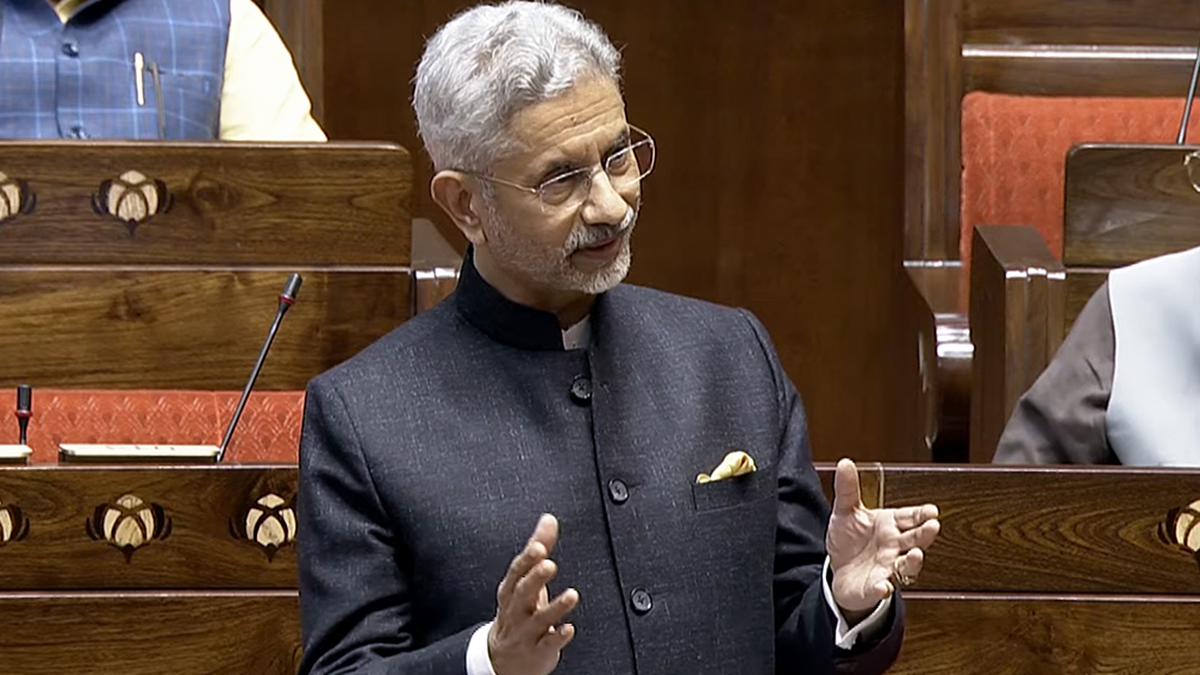
India's approach to Afghanistan continues to be guided by historical relations, friendship with Afghan people: Jaishankar
The Hindu
India’s approach to Afghanistan continues to be guided by its historical relations, friendship with its people and relevant UN resolutions, Jaishankar said
In the past two years, some Afghan diplomats have left India as they obtained residency in third countries but the remaining diplomats have taken over the responsibility for continued functioning of the diplomatic missions of that country, External Affairs Minister S. Jaishankar said on December 15.
In a written reply to a question in Lok Sabha, he said India's approach to Afghanistan continues to be guided by its historical relations, friendship with its people and relevant UN resolutions.
"The diplomatic presence of the Islamic Republic of Afghanistan in New Delhi and the Consulates of the Islamic Republic of Afghanistan in Mumbai and Hyderabad continue to function in India," he said in his reply.
"During the past two years, some Afghan diplomats have left India since they obtained residency in third countries. However, the remaining Afghan diplomats based in India have taken over the responsibility for the continued diplomatic functioning of the Islamic Republic of Afghanistan," he said.
India has not yet recognised the Taliban set up and has been pitching for the formation of a truly inclusive government in Kabul besides insisting that Afghan soil must not be used for any terrorist activities against any country.
The Afghan embassy in New Delhi, under the control of Ambassador Farid Mamundzay, last month announced its permanent closure, citing "persistent challenges from the Indian government".
It is learnt that Mamundzay's announcement of the closure of the embassy was more to do with internal power struggle and departure of around 20 diplomats from India seeking asylum in the West.













